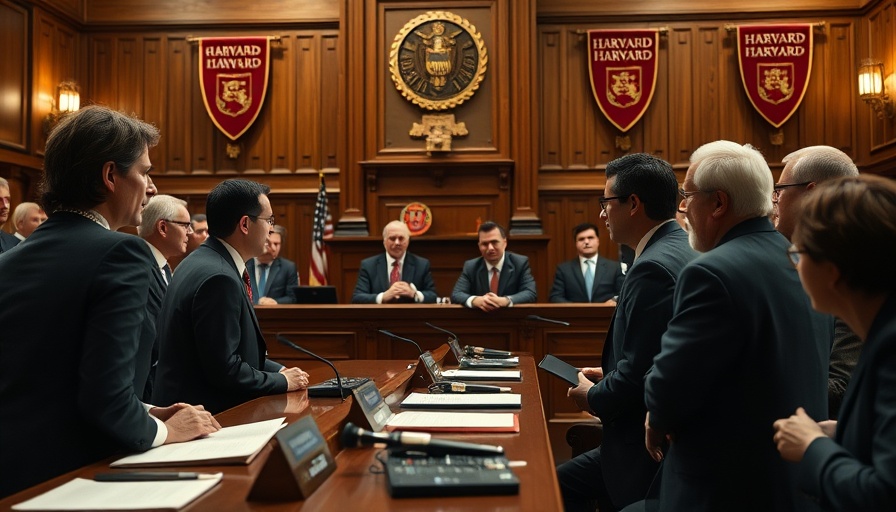
New Jersey's Political Landscape Shifts with New Prosecutor Appointment
The recent appointment of a new U.S. prosecutor in New Jersey has sparked significant controversy and conflict within the state's judicial community. This clash highlights the intricate relationship between state judges and federal prosecutors, a dynamic that illustrates the broader challenges of governance amidst shifting political tides. This article delves into the implications of this appointment and its significance in the ongoing legal and constitutional discussions.
Understanding the Roots of Judicial Resistance
At the heart of the discord surrounding the appointment lies a deep-seated skepticism of political influence within the judiciary. New Jersey judges have expressed reservations about the new prosecutor's qualifications and commitment to impartial justice, nuanced views that reflect the broader tensions between the judicial branch and executive power. Concerns have been raised about the implications of appointing someone seen as closely tied to partisan politics, particularly under the administration of former President Trump, whose choices have frequently stirred debate on the integrity of judicial independence.
Past Precedents: Similar Conflicts in Judicial Appointments
This is not the first time a U.S. prosecutor's appointment has faced scrutiny. Historical parallels can be drawn to instances in other states where judicial opposition transformed appointments into contentious public affairs. For example, in the early 2000s, similar controversies erupted in states like California and Florida, where the perceived partisan alignment of candidates led to considerable pushback from local judges. Such historical context sheds light on the systemic issues that continue to resonate today.
The Broader Political Context: Implications for the Judiciary
The political landscape in New Jersey is undergoing significant transformation. As power dynamics shift, the implications for future judicial appointments become paramount. The tension between executive authority and judicial independence raises essential questions around the ability of the judiciary to operate free from political influence. As judicial nominations become a focal point of partisan rhetoric, one must consider how these relationships will shape not only legal interpretations but also public trust in the justice system.
Future Predictions: The Evolution of Judicial Appointments
Looking ahead, the current conflict could set a precedent that influences how judicial appointments are approached in the future. As public awareness grows and the political stakes increase, there is a likelihood that future nominations will be met with intensified scrutiny. Grassroots movements and advocacy organizations may become more involved, pushing for more transparent and merit-based appointment processes. Such developments could synergize with broader calls for judicial reform and restructuring, aimed at enhancing accountability and independence.
Reflecting on Public Trust and Expectations
Understanding public perception is crucial in the context of this appointment. How the community feels about their judicial system significantly impacts trust. With this recent conflict, there is a palpable sense of concern among citizens regarding the integrity of their local courts. It highlights the need for engagement from both the public and legal professionals to foster a judiciary that genuinely reflects their values and needs.
Decisions Influenced by Judicial Independence
Decisions made by judges and prosecutors not only affect legal proceedings but also the everyday lives of citizens. Understanding the foundations of these appointments allows the public to grasp the stakes involved. As this dynamic unfolds, it's essential for individuals to stay informed and engaged in their local judicial processes, advocating for representation that aligns with community standards and expectations.
Take Action: Engaging with Your Judicial System
In conclusion, the conflict surrounding the new prosecutor in New Jersey exemplifies the intricate relationship between politics and the judiciary. As members of the community, it is crucial to stay informed and advocate for unbiased and qualified candidates who prioritize justice over political allegiance. By engaging with your local judicial system, you can help foster a legal environment that reflects your values and upholds the principles of justice.
 Add Row
Add Row  Add
Add 




Write A Comment